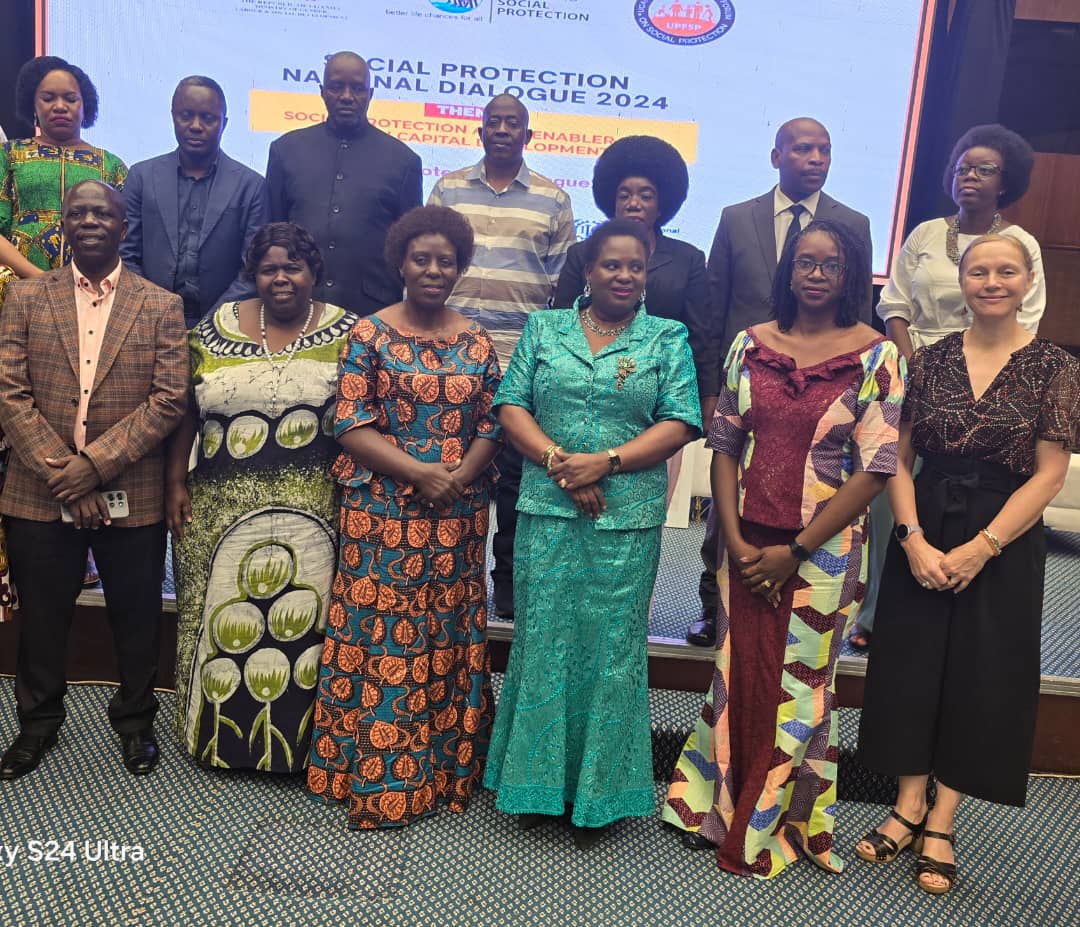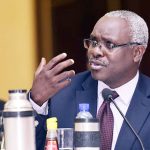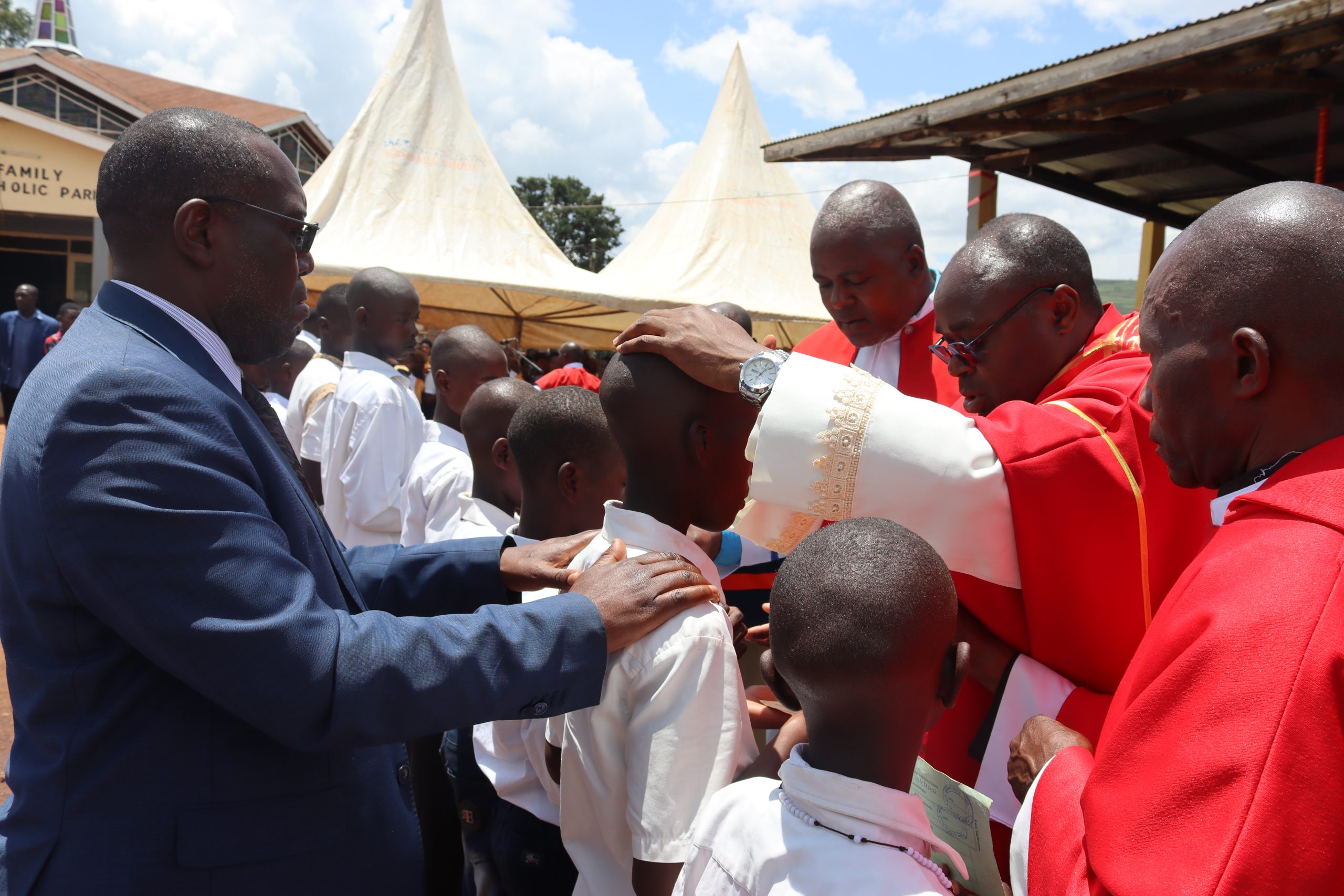KAMPALA, Uganda – Hon. Betty Amongi Akena, Minister of Gender, Labour, and Social Development, has stated that Uganda has demonstrated commitment to sustainable development through strong support and approval of Vision 2040, the East African Community’s Vision 2050, and Africa’s Agenda 2063.
The Minister was opening a dialogue on social protection themed “Social Protection as an Enabler for Human Capital Development Across the Lifecycle” at Serena Hotel in Kampala on Tuesday.
Hon. Minister Amongi highlighted that all these visions are strongly featured in Uganda’s Second and current National Development Plan III, whose overall goal is to transition Uganda into a middle-income country by strengthening Uganda’s competitiveness for sustainable wealth creation, employment, and inclusive growth.
She noted that through prudent macroeconomic and social policies, Uganda successfully reduced the number of its citizens living below the poverty line from 56% in 1992 to 20% in 2022. However, recent data projects an increase in poverty to about 30%.
“Social protection is a critical component of Uganda’s national development strategy for inclusive socioeconomic transformation. It is a strategic tool for reducing poverty, vulnerability, enhancing household resilience to shocks, and supporting human capital development for sustainable and inclusive growth,” she said.
“Our social policies are focused on increasing access to social security through direct and contributory schemes, enhancing care, protection, equal opportunities, affirmative action, and support to vulnerable people,” she noted.
She continued, “Strengthening institutional frameworks for social protection delivery, targeting investments in human capital development, addressing vulnerability that affects boys and girls, men and women, and adopting a human rights-based approach are the areas where the government is directing more focus.”
“Furthermore, a significant portion of the national budget is allocated to social programs, such as free Universal Primary and Secondary Education, basic health improvement programs, water and sanitation, rural roads, and rural agricultural modernization,” she added.
She also highlighted other programs like Social Assistance Grants for Older Persons, the Uganda Women Entrepreneurship Programme, the Youth Livelihood Programme, Generating Growth, Opportunities, and Productivity for Women Entrepreneurs (Grants from the World Bank), the Parish Development Model, and Emyooga.
She said these programs enjoy strong political support and contribute to the government’s development agenda, especially since most treasury bonds are purchased by the National Social Security Fund, one of the most efficient in Africa.




















